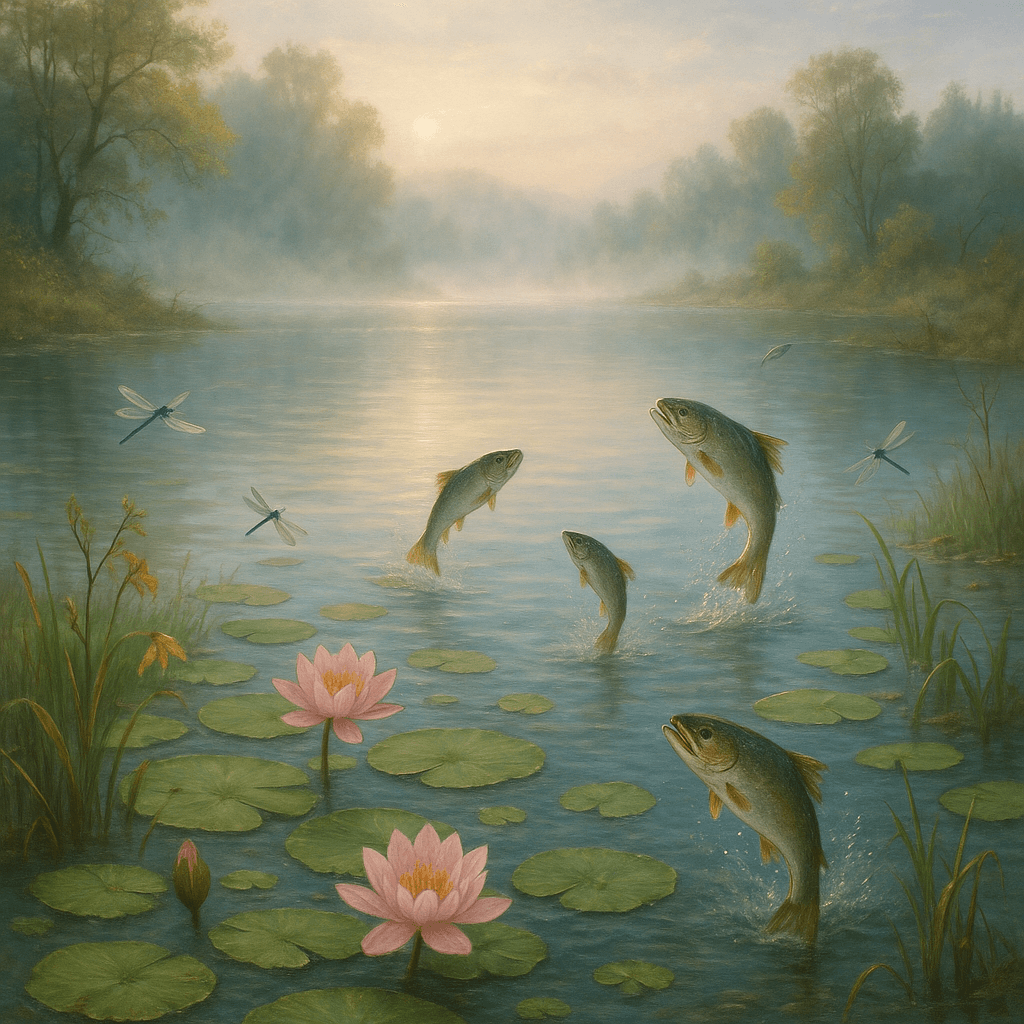Knowledge Keeps About as Well as Fish – Alfred North Whitehead

Knowledge keeps about as well as fish. — Alfred North Whitehead
Ephemeral Nature of Knowledge
Whitehead’s witty simile underlines the fleeting value of knowledge, likening it to fresh fish that spoils quickly. Just as yesterday’s catch becomes inedible, facts and skills can become obsolete if not refreshed or applied. In the fast-changing world of science, for example, textbooks may become outdated shortly after publication, as illustrated by the shift from Newtonian to Einsteinian physics in the early 20th century.
The Need for Continuous Learning
Knowledge demands ongoing renewal: professionals in fields like medicine or technology continually update their expertise to prevent it from 'spoiling.' Whitehead’s observation resonates with the modern concept of lifelong learning, advocated by UNESCO since the 1970s. Without continued learning, knowledge can lose relevance and accuracy.
Practical Application Prevents Decay
Unused knowledge fades, much like uneaten fish rots. This principle is evident in language learning—skills deteriorate without practice, as described by Ebbinghaus’s 'forgetting curve' (1885), which demonstrates rapid loss of information unless it is regularly reinforced and applied.
Value of Fresh Insights
Whitehead hints at the premium on 'fresh' information: in journalism, yesterday’s news is stale; in business, market data quickly loses value. Like a chef seeking today’s catch, innovators and decision-makers must prioritize up-to-date perspectives, seen in the tech industry’s race to stay 'current' as highlighted by rapid product cycles.
Critique of Static Education
The maxim also critiques rigid educational systems that emphasize rote memorization over adaptability. Paulo Freire, in *Pedagogy of the Oppressed* (1970), denounced the 'banking model' of education, warning that untouched deposits of knowledge do not serve learners in a changing world—echoing Whitehead’s warning about the shelf-life of knowledge.